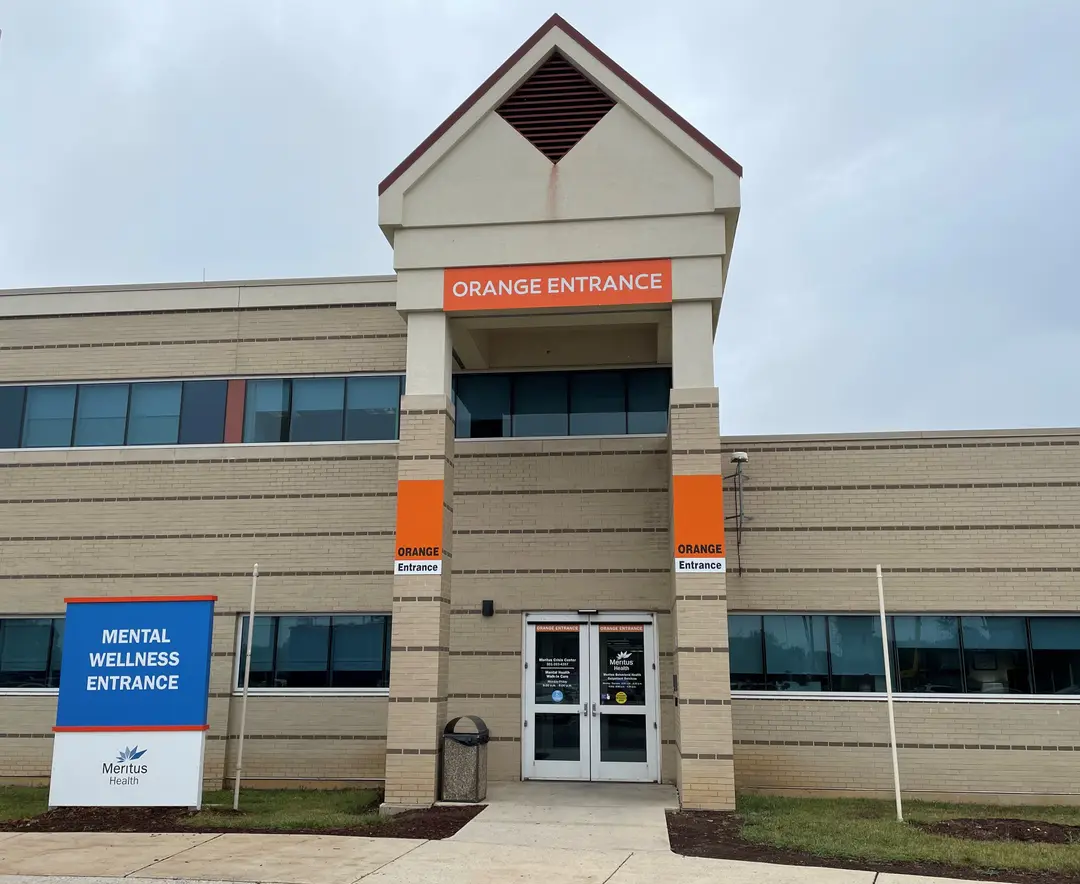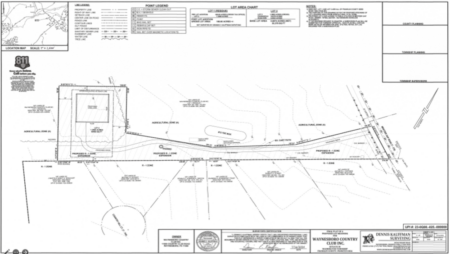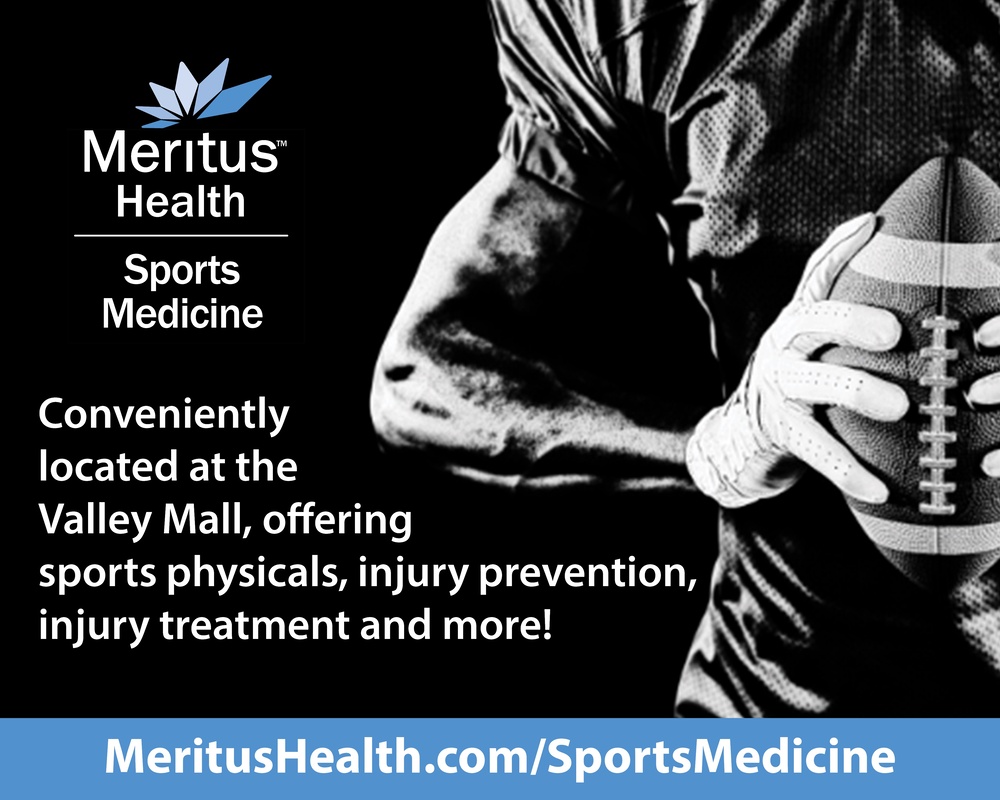When it comes to mental health or fighting addiction, it can seem like you’re on one side of a river looking to cross to the other side.
A rushing torrent of forms, red tape and insurance issues can be discouraging enough to make you stay put.
The Meritus Crisis Center and Meritus Mental Health Walk-in facility are designed to be a bridge, said Halima Naluwooza, MSN, CRNP, a psychiatric mental health nurse practitioner.
“For anybody who is struggling, whether it’s with mental health or addiction, it’s sometimes hard to get a provider,” she said, noting some providers in the area are scheduling six months out or longer. “We’re willing to bridge them, to get them in and assessed.”
Help is available for those age 6 and older at the Mental Health Walk-in. The Crisis Center is for those 18 and older.
The ones who seem to need the bridge the most are those seeking substance abuse recovery, she said. They are sometimes discouraged to get help because of the stigma that still surrounds substance use or they’ve tried before only to relapse.
“With recovery, it doesn’t matter if they’ve gone through it 20 times,” Naluwooza said. “We’ll help them with the 21st time. Even when you’ve struggled before, we’re still willing to help.”
What happens when you walk into the Orange Entrance?
Access to the Crisis Center and Mental Health Walk-in starts in the same place: The Orange Entrance to the Robinwood Professional Center at 11110 Medical Campus Road.
Go through the automatic double doors, then go in the first door on the left. There you walk into a waiting room with a front desk staffed to guide you, depending on your needs.
Whether it’s addiction services or mental health, Naluwooza is one of the first stops. It’s her job to evaluate patients for mental health and general health issues.
Perhaps they’re trying to get established with a mental healthcare provider, but aren’t able to get a prompt appointment. Naluwooza can determine if they need medication and prescribe it until the patient can see their own provider.
Perhaps the patient wants to give up drinking or drugs. Naluwooza would determine if they can enter the six-bed Crisis Center, or if they’re suffering from conditions that would require them to visit the Emergency Department first. For example, she said alcoholic withdrawal known as delirium tremens, which can be life-threatening, requires immediate medical care.
“Most are OK, but we do have to send some to the ER,” she said. “So long as they have been medically cleared, they can come back to us.”
Once in the center, patients usually stay up to three days to get management of withdrawal symptoms while a discharge coordinator works to get them into an inpatient or outpatient rehabilitation. The coordinator also works with insurance companies and sometimes even secures scholarships for patients to cover costs.
What makes Meritus behavioral health services different?
A key part of the Crisis Center program is the availability of peer support personnel. These are people who, at one point in their lives, were struggling with substance abuse and are now working to help those in the throes of addiction.
“We find the patient is more open to going through rehab or whatever treatment we can offer because they see someone who has gone through it before them and come out on the other side,” Naluwooza said.
It’s the one-stop-shop aspects of the Crisis Center and Mental Health Walk-in that provides her satisfaction.
“The biggest thing is just helping them start on their journey. They meet a lot of barriers when they start. They don’t know where to go,” Naluwooza said. “The thing I like about this place is that anyone who walks in here can be helped in one way or another.”
To learn more about the Crisis Center, visit www.meritushealth.com/crisiscenter. To learn more about the Mental Health Walk-in clinic, go to www.meritushealth.com/mentalhealth.






















